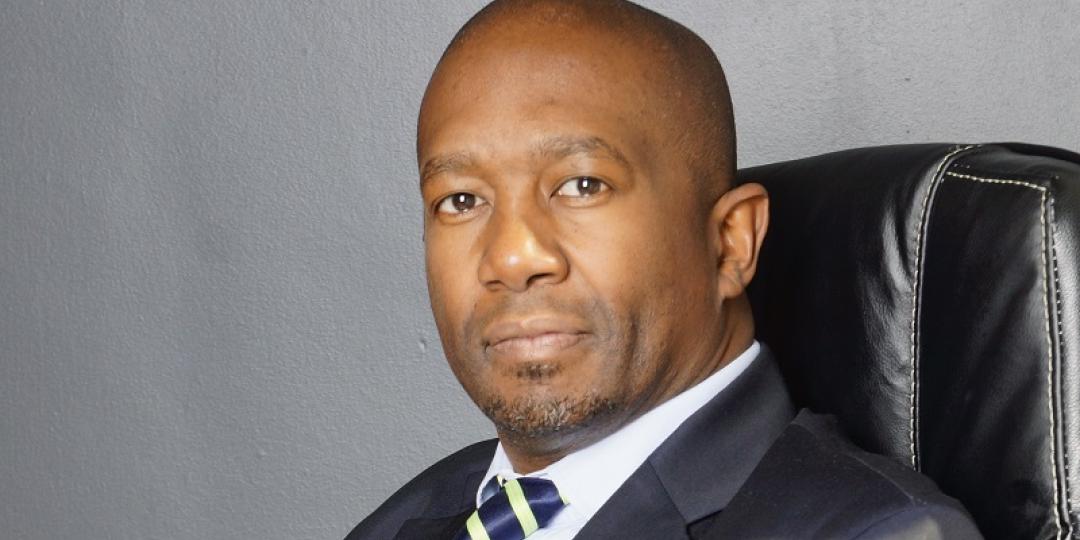South Africa needs a strategy to restart the sector following the “disruption” caused by the COVID-19 pandemic.
This was highlighted by the CEO of South African Tourism (SA Tourism), Sisa Ntshona, in a presentation to the parliamentary Portfolio Committee of Tourism yesterday (July 14), noting that tourism had performed well during previous years.
The Portfolio Committee on Tourism met with SA Tourism to discuss the impact of the recent adjustment of the national budget on the entity’s allocation and strategic plans.
It was confirmed earlier this month that 80% of the R1 billion budget cut to the National Department of Tourism (NDoT) would be deducted from SA Tourism’s budget.
Ntshona said tourism has been assessed as primarily a level 1 activity within the country’s risk framework, with some operations marginally permissible in level 2.
“The prevailing view therefore is that the sector will remain inactive for the better part of the 2020/21 fiscal year,” he said, noting that SA Tourism had reduced budgeted spend “significantly”, focusing on “creative initiatives that will position the organisation to best support the recovery”.
South Africa is currently at Advanced Level 3 of national lockdown but there is still no leisure travel permitted between provinces or within provinces. Tourism Business Council South Africa – along with its members – is now lobbying for a September 2020 re-opening of international borders.
Minister of Tourism, Mmamoloko Kubayi-Ngubane, added during the briefing that it was important for the country to contain the virus first, and that once it was contained, global tourists could “confidently” start planning to visit South Africa again.
Committee Chairperson, Supra Mahumapelo, pointed out that the changes to the budget did not mean that any aspects and programmes in the budget – that have been adjusted or put on hold – were no longer important.
“We need to communicate the message that the plans and programmes that have been compromised by the readjustment of the budget as forced by the COVID-19 pandemic, does not mean those aspects are not important, they are still relevant, it is just difficult decisions had to be made,” he said.























